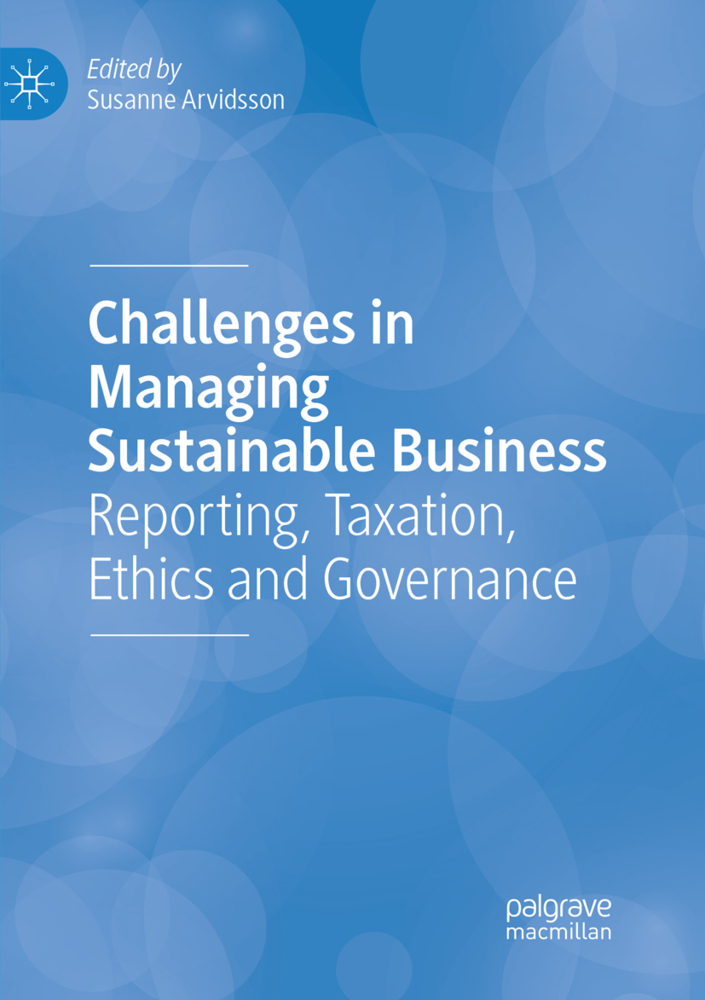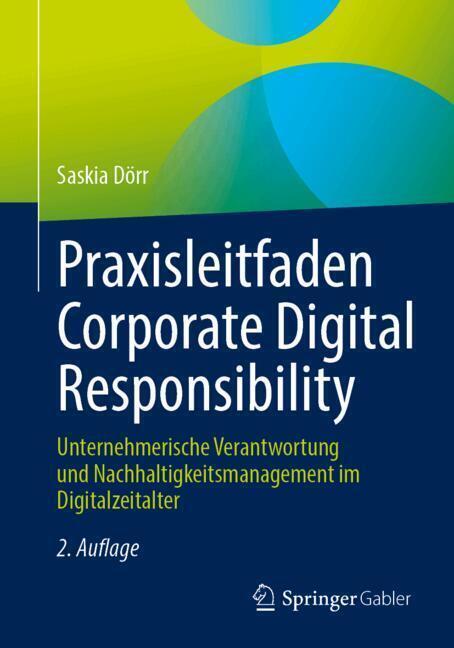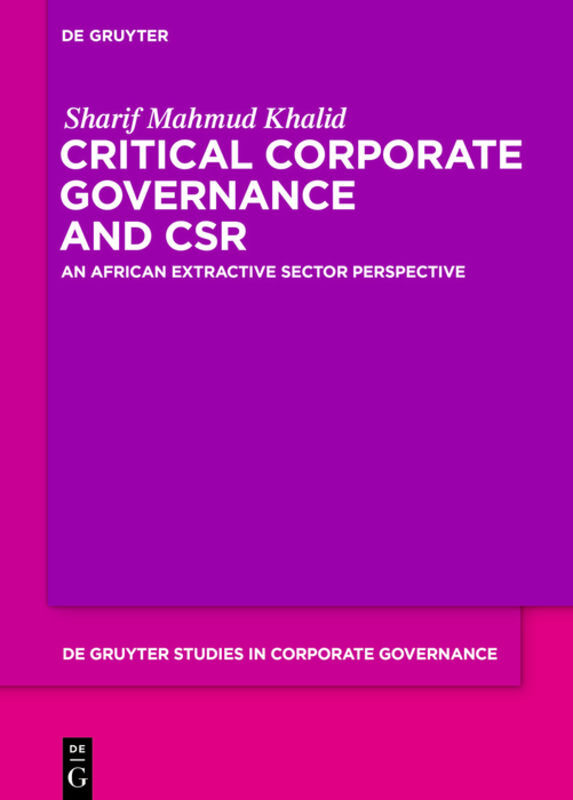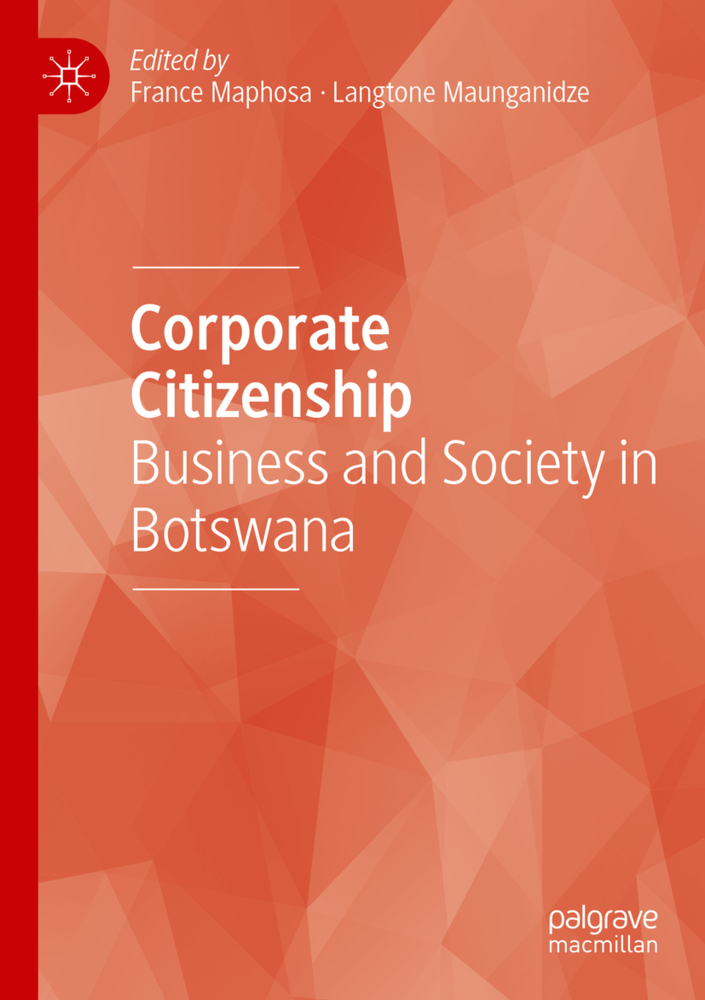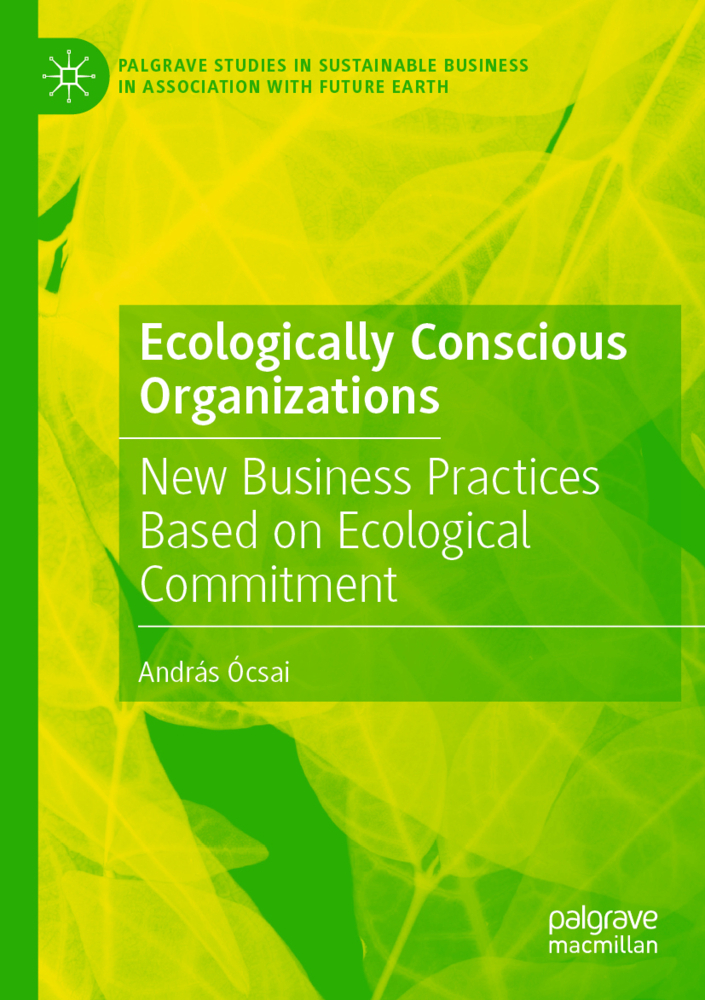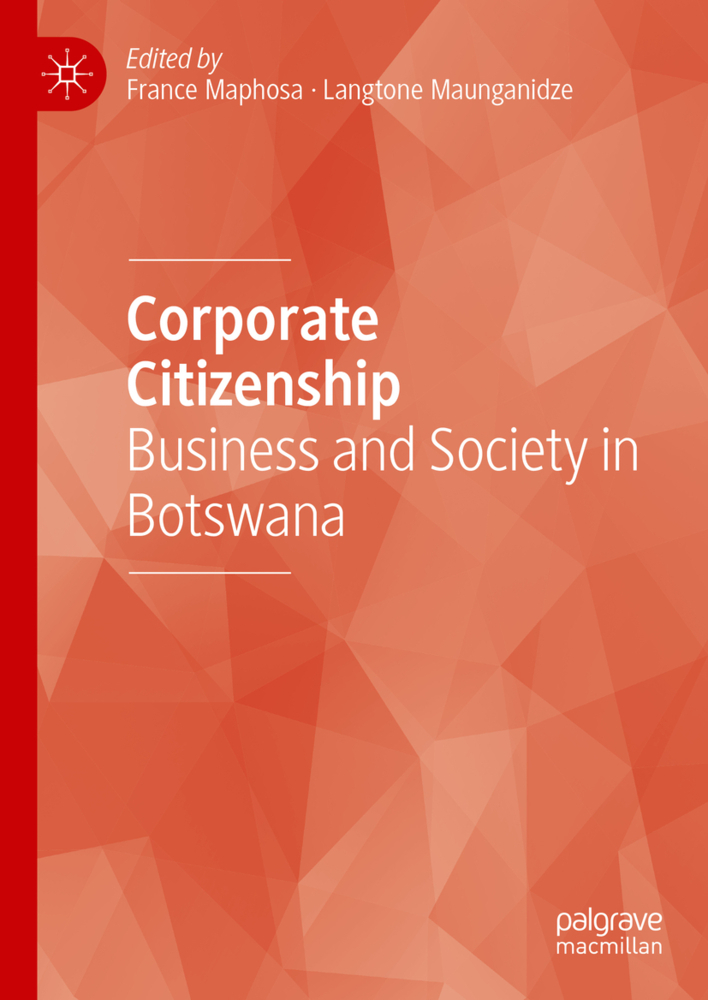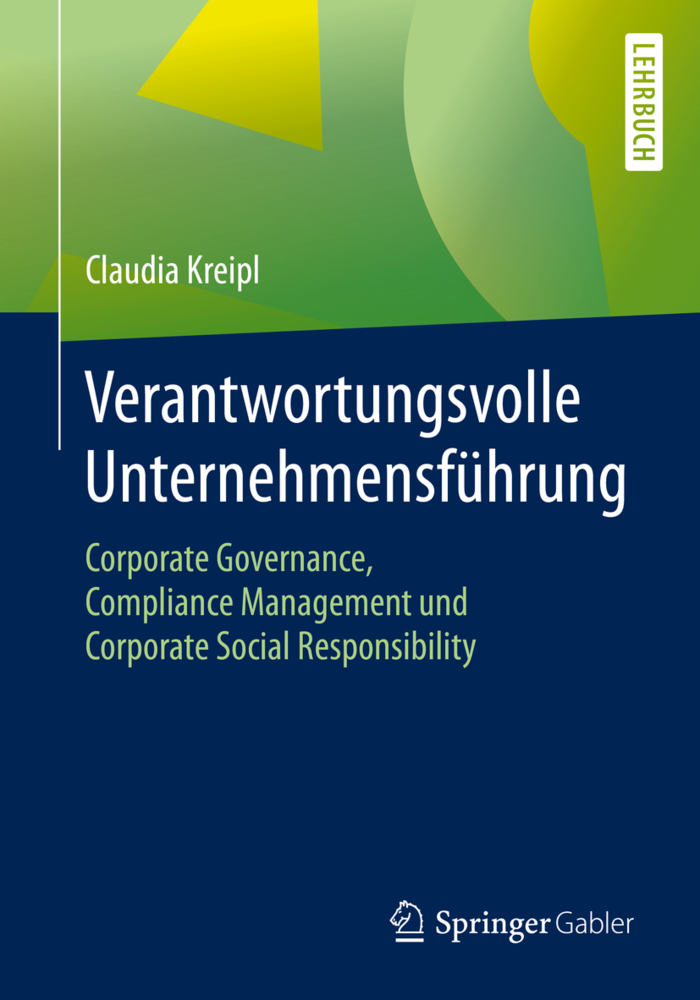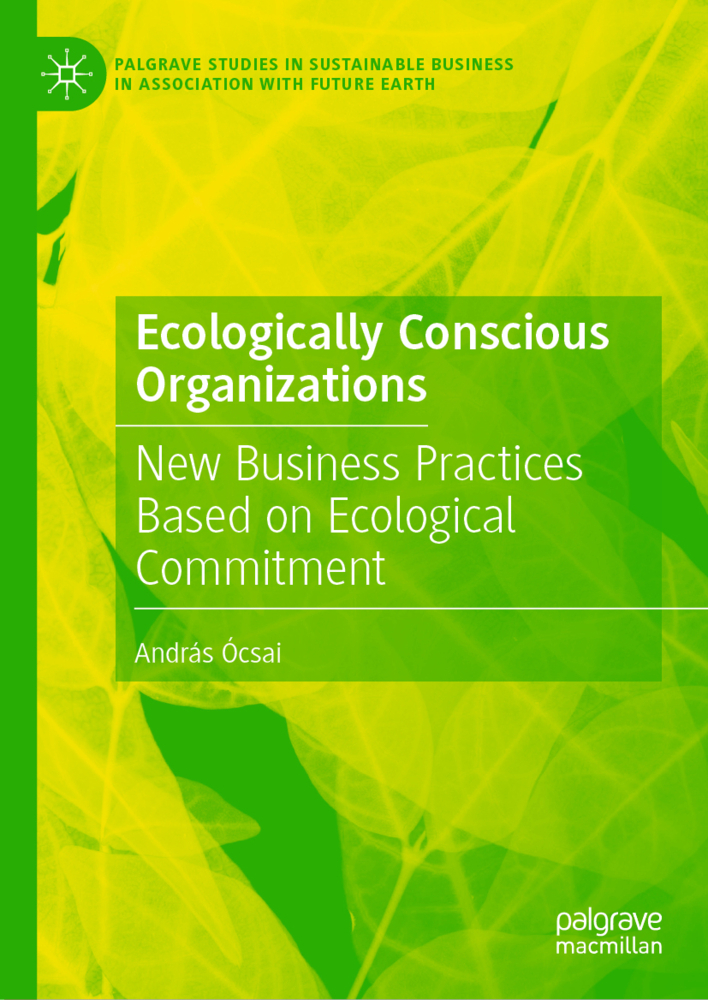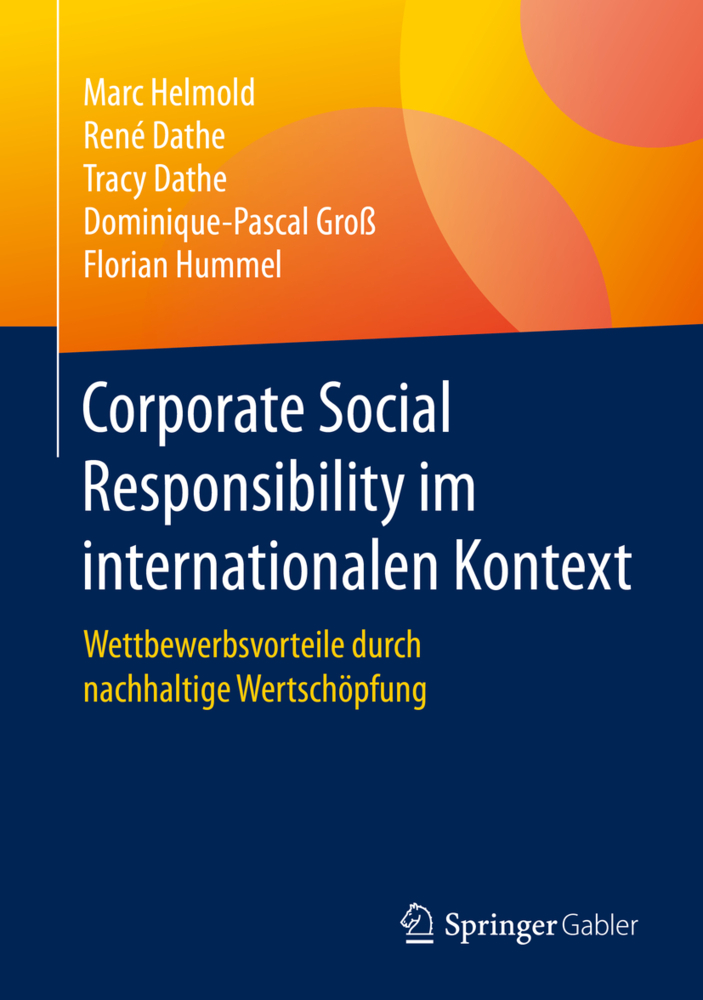Virtuous Cycles in Humanistic Management
From the Classroom to the Corporation
Virtuous Cycles in Humanistic Management
From the Classroom to the Corporation
This volume is divided into three major parts, each of which symbolizes a new virtuous circle that is added to the previous one in order to foster the dissemination of humanistic management (HM) among corporations and social institutions. After an introductory chapter explaining the concept of humanistic management and the plan behind this research project, the first part of the book is devoted to education. The authors address pedagogical strategies that can be used in higher education to introduce students to HM.
In turn, the second part of the book focuses on the implementation of HM in corporations, while the third presents an approach for measuring and monetizing the social value generated by corporations through their economic activities. In the closing chapter, the editors illustrate how the three parts of the book can be combined to generate virtuous cycles in corporations.
2. Challenges of Humanistic Management Education in the Digital Era
3. Developing Ethical Commitment Competence in Higher Education: comparing stakeholder, disciplinary and regional perspectives
Part 2. Humanistic Management
4. Integral Human Development through Servant Leadership and Psychological Androgyny
5. Utilitarian ethics in the praxis of companies: challenges of imposition and duplicity
6. From Utility to Dignity: Humanism in Human Resource Management
Part 3. Humanistic Management in Practice
7. Managing for good work: Principles and practices of humanistic management based on Catholic Social Thought
8. Promoting greater levels of employee health and wellbeing in the UK: how much worse do the problems have to get?
9. Humanistic Management In The Corporation: From Self-Interest To Dignity And Wellbeing
10. Civil Economy and population aging: A prospective framework for a global phenomenon.
In turn, the second part of the book focuses on the implementation of HM in corporations, while the third presents an approach for measuring and monetizing the social value generated by corporations through their economic activities. In the closing chapter, the editors illustrate how the three parts of the book can be combined to generate virtuous cycles in corporations.
Part 1. Humanistic Education
1. How to develop the humanistic dimension in business and management higher education2. Challenges of Humanistic Management Education in the Digital Era
3. Developing Ethical Commitment Competence in Higher Education: comparing stakeholder, disciplinary and regional perspectives
Part 2. Humanistic Management
4. Integral Human Development through Servant Leadership and Psychological Androgyny
5. Utilitarian ethics in the praxis of companies: challenges of imposition and duplicity
6. From Utility to Dignity: Humanism in Human Resource Management
Part 3. Humanistic Management in Practice
7. Managing for good work: Principles and practices of humanistic management based on Catholic Social Thought
8. Promoting greater levels of employee health and wellbeing in the UK: how much worse do the problems have to get?
9. Humanistic Management In The Corporation: From Self-Interest To Dignity And Wellbeing
10. Civil Economy and population aging: A prospective framework for a global phenomenon.
Aguado, Ricardo
Eizaguirre, Almudena
| ISBN | 978-3-030-29428-1 |
|---|---|
| Artikelnummer | 9783030294281 |
| Medientyp | Buch |
| Auflage | 1st ed. 2020 |
| Copyrightjahr | 2020 |
| Verlag | Springer, Berlin |
| Umfang | XVII, 180 Seiten |
| Abbildungen | XVII, 180 p. 13 illus., 7 illus. in color. |
| Sprache | Englisch |


